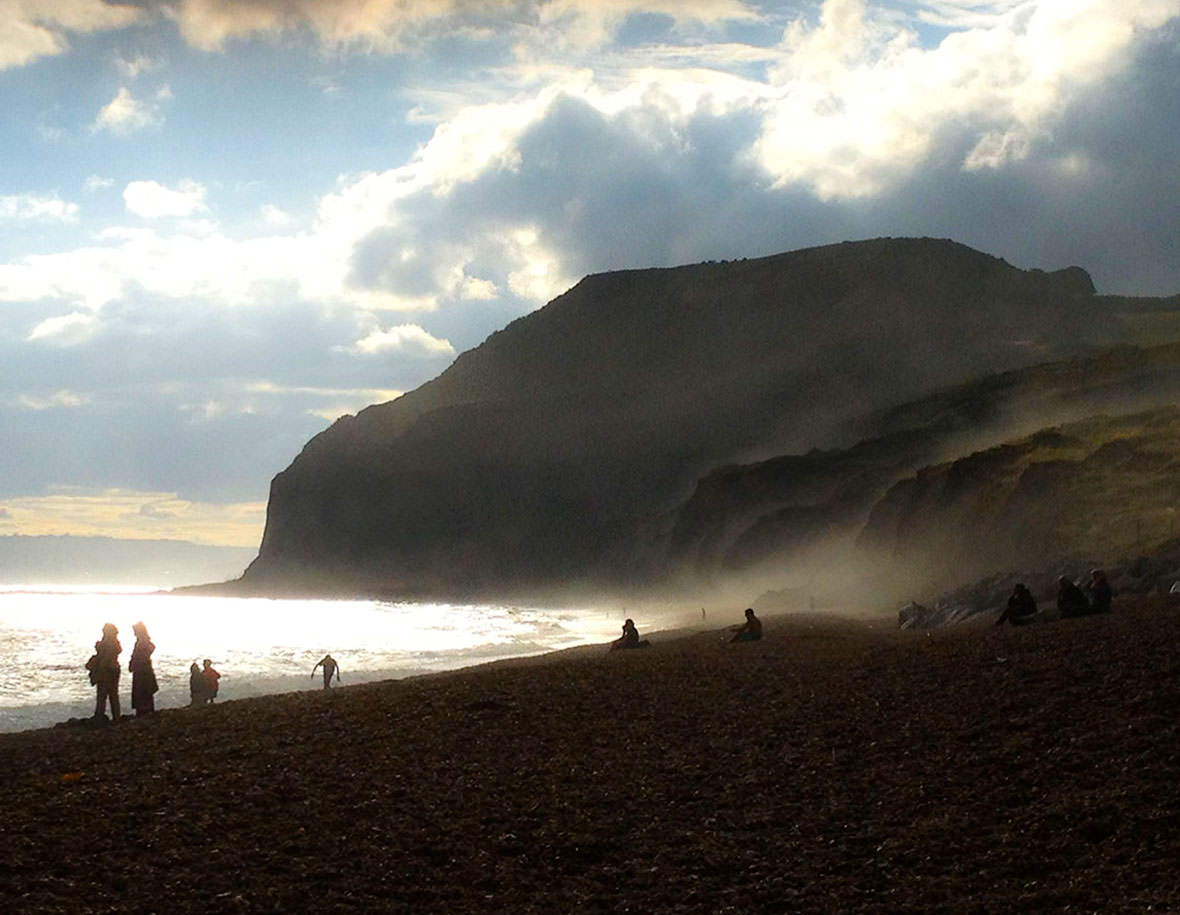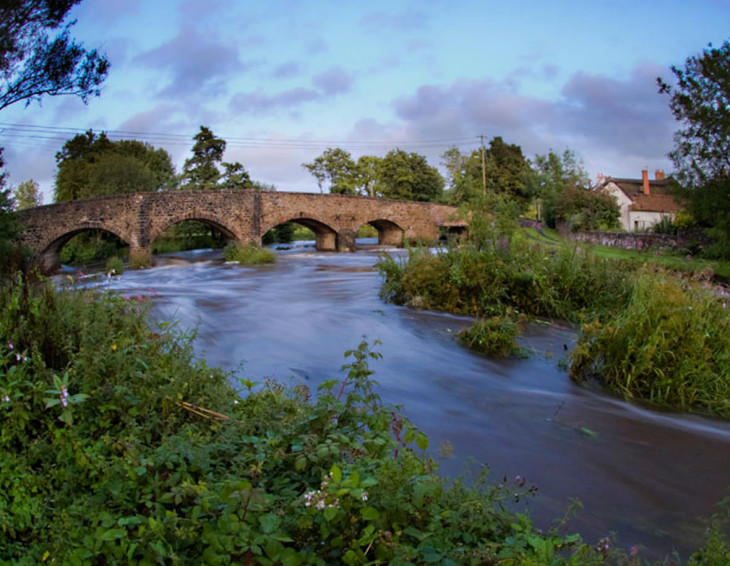“There’s one place that never faded from memory and irresistibly drew me back… Devon for me has it all – quiet coves, sandy beaches, great wildlife, and rolling countryside.”
These are the words of Explorer and BBC Broadcaster Monty Hall; renowned for his Great Escape and Animal Planet programmes, he has traveled the world as a biologist.
The motorway that trickles through Devon flows equidistant between Exmoor National Park and the designated East Devon Area of Outstanding Natural Beauty, with the A303 tributary that is situated halfway along the route providing a spontaneous escape into a realm of calm. Continue to journey for just a further fifteen minutes – venturing deeper and deeper into the Devon countryside – and one discovers the bucolic, historic village of Culmstock.
It is this convenience of whereabouts, with the village sitting adjacent to the chortling River Culm, that meant in the latter-half of the nineteenth-century the site was chosen to be a flagship railway station. The locale has been providing a source of refreshment for travelers for over two centuries; since 1878.
Though the train station itself has long-since been demolished, the Culm Valley Inn now sits on the site and keeps its memory alive through the proud display of antiquated photographs. The prime location of the Culm Valley Inn makes it the perfect base from which to explore the culturally-rich region of Devon, whilst also providing a tranquil refuge to return to.
Rising in the nearby Blackdown Hills, the River Culm is the longest tributary of the River Exe, which it joins on the northern outskirts of Exeter. Its name is derived from an old word for ‘knot’, due to the twisting route the river takes. Its paddle-friendly shallows are rich with fish. In turn, the River Exe channels its way down to Exmouth to meet the sea. Exmouth is where one end of the Jurassic Coast commences, its spectacular beaches world-renowned as a treasure trove of dinosaur remains. Whether windswept winter walk or soporific summer scorcher, let the haunting beauty of these sands convince you that – just maybe – dinosaurs remain.
Yet, be it beaches or countryside that inspired your journey to Devon, no time spent in the area is complete without a visit to the historic city of Exeter. It’s stunning cathedral and eclectic shopping opportunities provide a unique urban getaway experience.
Brooding Dartmoor might be famous for the terror of the Hound of the Baskervilles and the tragedy of Sylvia Plath, but for pure romanticism, Exmoor takes the prize. Known as ‘Lorna Doone country’ after local luminary RD Blackmore’s classic, the area exhibits a density and depth of atmosphere that can only be found where moorland meets coastline. One of the local luminary’s lesser-known works is Perlycross: A Tale of the Western Hills, with the eponymous town based on Culmstock, where Blackmore once lived.
It’s a thrill to imagine the man himself supping his way to inspiration as he sat in the very spot where the Culm Valley Inn now sits. Indeed, either the snug atmosphere of the pub’s bar, with its décor of eclectic, eccentric furnishings, or the gentle chatter of the external riverside setting, both readily allow one’s imagination to succumb to such fantasy. Whatever your tipple might be. And whether it be candlelit dinner or lunchtime catch-up. Although, as Blackmore wrote,
“…Only a pint at breakfast-time, and a pint and a half at eleven o’clock, and a quart or so at dinner. And then no more till the afternoon; and half a gallon at supper-time. No one can object to that.”
But then he was in love with a county that even has a town named Beer.

